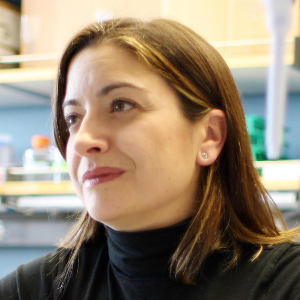Session Chair Profile
Biography
Kara Davis, D.O. is an Assistant Professor of Pediatrics at Stanford University School of Medicine in the Division of Hematology and Oncology. Her research focuses on using high-dimensional single-cell analysis to organize tumor heterogeneity in pediatric cancers, especially blood cancers, as means to determine cell populations associated with clinical risks such as relapse in the context of standard and immunotherapy treatments. Clinically, Dr. Davis sees patients with leukemia and is involved with the Cancer Cellular Therapies program with experience in treating children with chimeric antigen receptor (CAR) T-cells and other immunotherapies including checkpoint inhibitors. Dr. Davis obtained her B.A. from Pennsylvania State University and her D.O. from the Philadelphia College of Osteopathic Medicine. She completed her training in Pediatrics at Thomas Jefferson University/A.I. DuPont Children’s Hospital and her Heme/Onc fellowship at Lucile Packard Children’s Hospital at Stanford.
Session Abstract – PMWC 2019 Silicon Valley
Session Synopsis: Cancer tumors use many strategies to evade the host immune system, including down regulation or weak immunogenicity of target antigens and creation of an immune-suppressive tumor microenvironment. T cells play a key role in cell-mediated immunity and, recently, strategies to genetically modify T cells either through altering the specificity of the T cell receptor (TCR) or through introducing antibody-like recognition in chimeric antigen receptors (CARs) have made substantial advances. The potential of these approaches has been demonstrated in clinical trials and received approvals from the US FDA and European regulators. Challenges for bringing genetically modified T-cell immunotherapy to many patients with different tumor types remain. These challenges range from the selection of antigen targets and dealing with regulatory and safety issues to successfully navigating the routes to commercial development.






